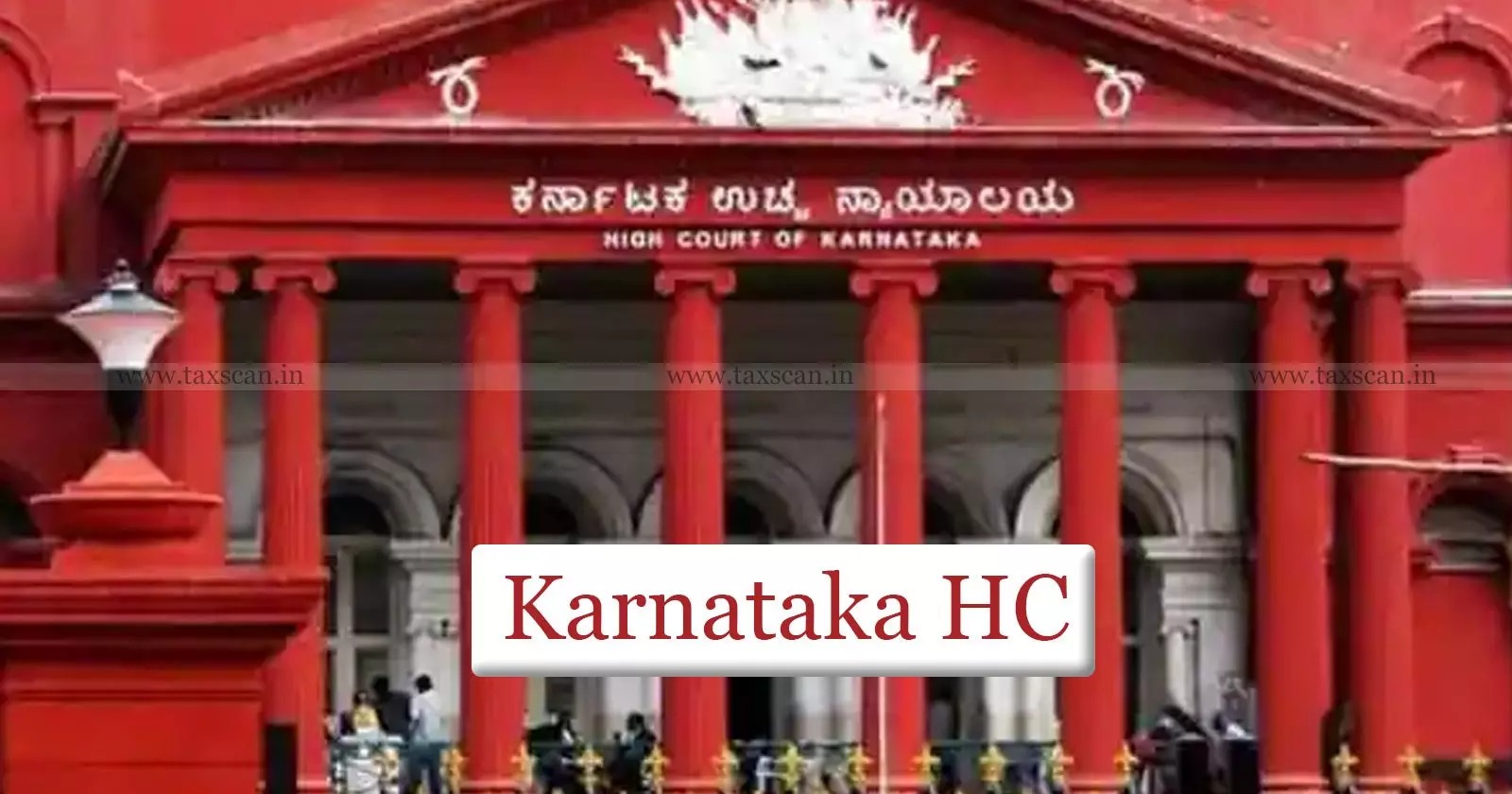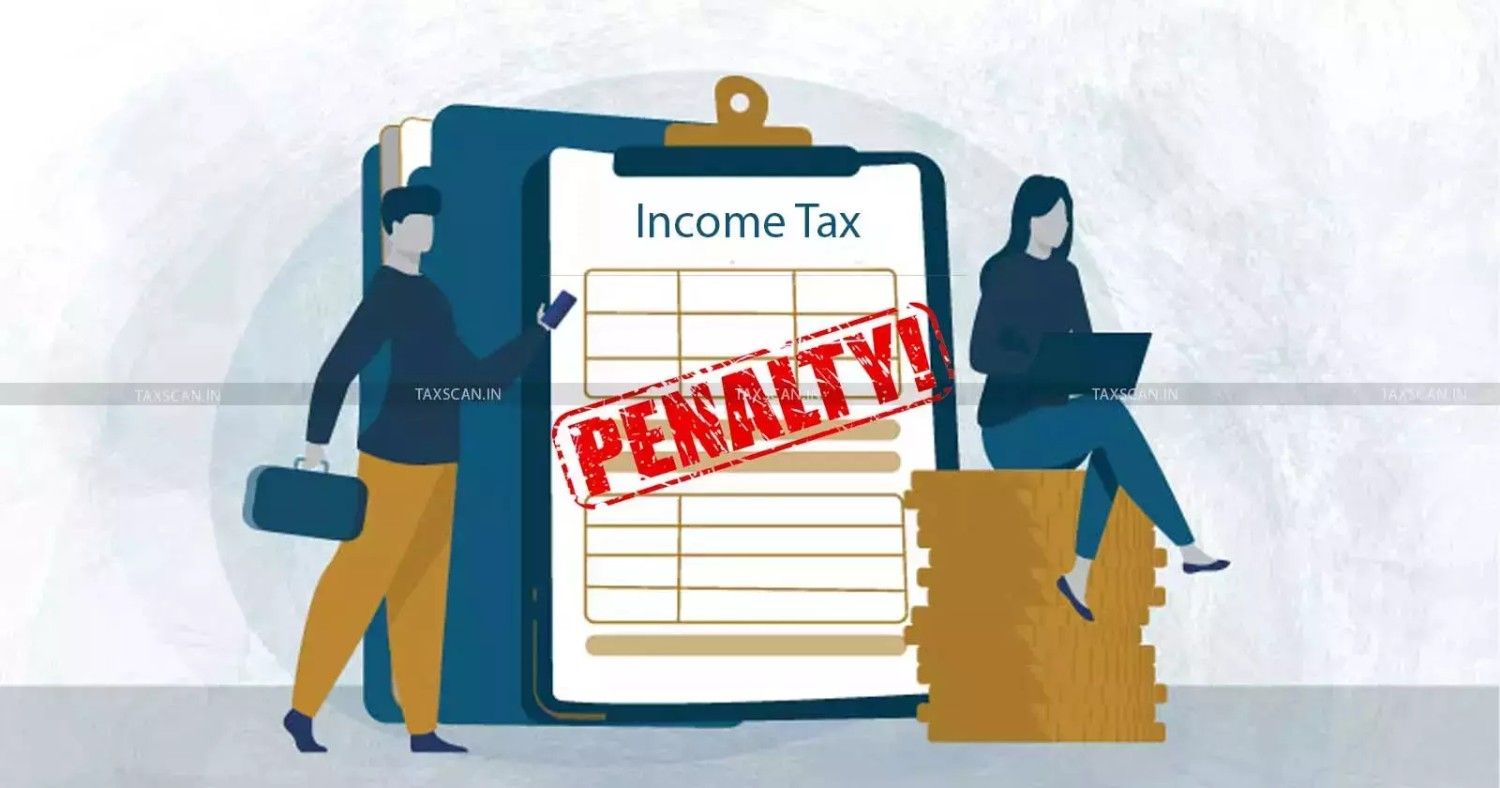Once Income Tax Penalty Quashed for Lack of Concealment, 276C Prosecution Cannot Survive: Rajasthan HC [Read Order]
Once the ITAT found no concealment and removed the penalty, the Rajasthan High Court held that the prosecution under Section 276C(1) could not continue because its factual foundation had disappeared
![Once Income Tax Penalty Quashed for Lack of Concealment, 276C Prosecution Cannot Survive: Rajasthan HC [Read Order] Once Income Tax Penalty Quashed for Lack of Concealment, 276C Prosecution Cannot Survive: Rajasthan HC [Read Order]](https://images.taxscan.in/h-upload/2025/11/28/2108521-income-tax-penalty-lack-concealment-prosecution-rajasthan-hc-taxscan.webp)
In a recent ruling, the Rajasthan High Court explained that when theIncome Tax Appellate Tribunal (ITAT) has already removed a penalty after finding no concealment of income, a criminal prosecution under Section 276C(1) of the Income Tax Act cannot continue because its factual basis no longer exists.
Nagendra Choudhary, the petitioner, filed a criminal miscellaneous petition under Section 482 of the Code of Criminal Procedure seeking to quash the prosecution launched against him under Section 276C(1) of the Income TaxAct.
Know the complete aspects of tax implications of succession, Click here
The prosecution was based on entries found during a search conducted on 4 September 2013, which the department claimed represented undisclosed income. The petitioner had declared the entire amount in his return under Section 139(1), and although a penalty under Section 271AAB was initially imposed, the ITAT later removed the penalty after examining the material on record.
 Also Read:Heavy Rainfall Valid Reason for Income Tax Delay: Karnataka HC Quashes Commissioner's Order [Read Order]
Also Read:Heavy Rainfall Valid Reason for Income Tax Delay: Karnataka HC Quashes Commissioner's Order [Read Order]
The petitioner’s counsel argued that the ITAT had given a clear finding that the seized entries did not amount to undisclosed income under the Act and that the penalty notices were vague and legally defective.
The counsel argued that once the ITAT held that there was no concealment, the criminal case could not continue because it was founded on the same allegation of undisclosed income. They further argued that with the penalty deleted, nothing remained to support the charge of a wilful attempt to evade tax.
The department’s counsel argued that penalty proceedings and criminal prosecution were separate and that the deletion of the penalty did not stop the prosecution. They also argued that the petitioner’s admission during the search was sufficient to proceed with the criminal case and pointed out that the department’s appeal against the ITAT order was pending before the High Court.
The Bench comprising Justice Anand Sharma examined the ITAT order in detail and observed that the Tribunal had found no undisclosed income because the entries in the seized diary were vague and did not represent any income recorded outside the books. The tribunal had also found that the show-cause notices for penalty did not specify the charge or the applicable clause.
The High Court explained that these findings removed the very basis of the penalty and that the same basis supported the criminal prosecution. The court pointed out that once the fact-finding body had held that there was no concealment, the foundation for the prosecution no longer survived.
The court further explained that prosecution under Section 276C(1) requires a willful attempt to evade tax, and such an allegation cannot stand when the finding of concealment itself has been set aside. The court relied on the Supreme Court rulings in K.C. Builders and G.L. Didwania, which state that when the penalty for concealment is deleted, criminal prosecution on the same facts cannot continue.
The court held that continuing the prosecution after the ITAT’s findings would amount to an abuse of process. It quashed the criminal proceedings in Criminal Case No. 140/2017 pending before the Chief Metropolitan Magistrate (Economic Offences), Jaipur City, while leaving it open to the department to seek revival of prosecution if its appeal against the ITAT order ultimately succeeds.
Support our journalism by subscribing to Taxscan premium. Follow us on Telegram for quick updates



